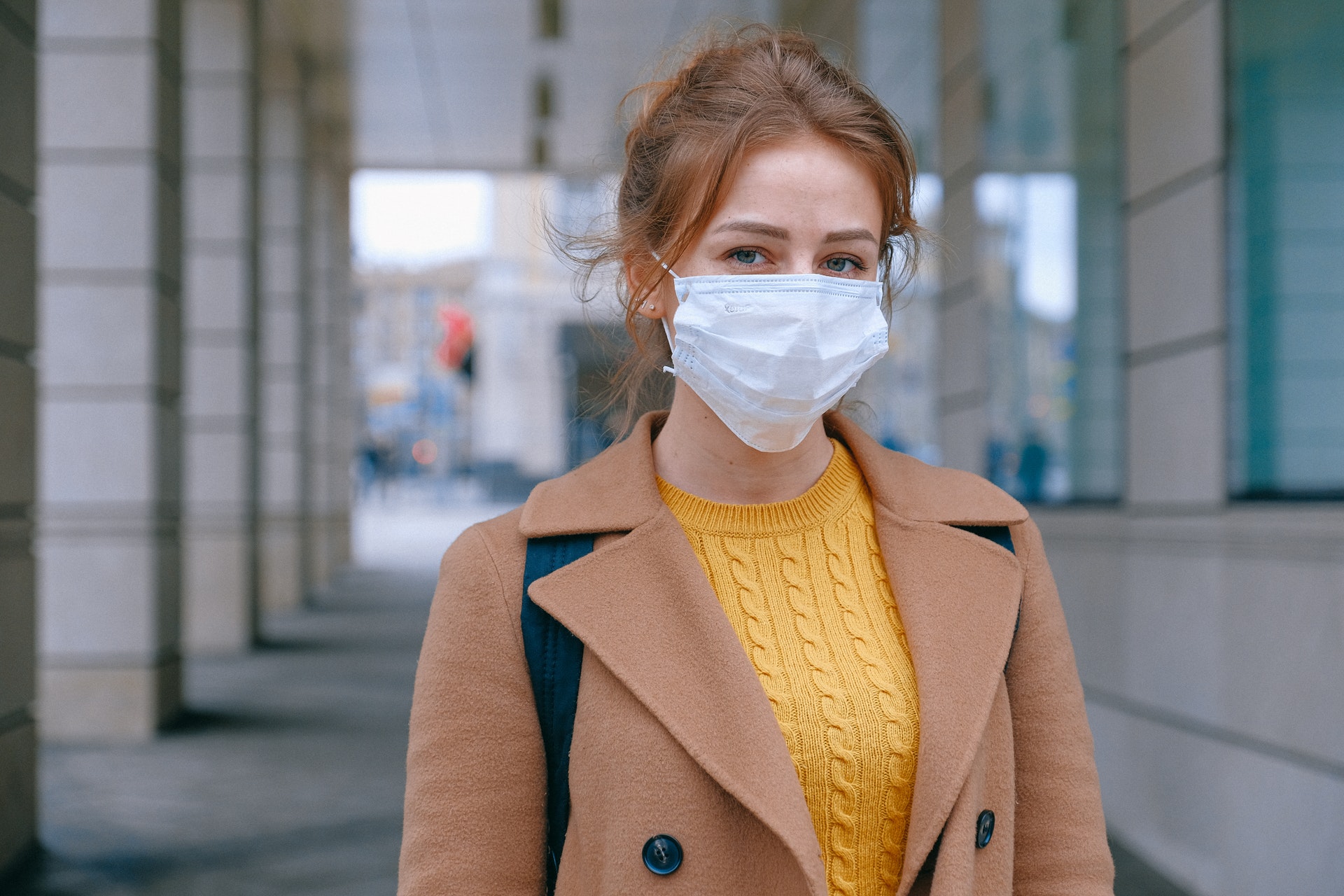The 2020 COVID-19 (or coronavirus) outbreak has made it extremely vital that we are all educated on how to avoid catching and spreading viruses. However, knowing how to slow the spread of viruses has always been important and will continue to be important in the future.
Thankfully, there are many things that you can do to avoid both catching a virus and spreading it if you have already come into contact with it. In this article, we will detail the steps that even professionals, such as nurses, will recommend to keep yourself and other people safe, even if there is not a vaccine available!
Take on board advice from experts
The best way you can avoid catching and spreading a virus is by listening to the advice of the professionals. However, how can nurses educate patients to prevent the spread of viruses? The answer is simple. They first take the time to educate themselves on the best practices, and then the techniques that allow them to educate others properly. This means learning how to break down information into layman’s terms and coordinating wit other nurses to ensure the message is understood. Some of the advice they will suggest includes the following points.
Wash Your Hands Thoroughly
Washing your hands regularly and thoroughly will help destroy any germs that you may have come into contact with. You should wash your hands all over (including under your fingernails) for 20 seconds in warm, soapy water or with alcohol-based hand sanitzer, before and after eating or preparing food, touching door handles or anything outside of your home.
Keep it to Yourself
If you are unlucky enough to come into contact with a virus, you should stay away from other people as much as possible while you recover to avoid spreading germs. Do not go into work or to social events, and stay inside your own room as much as possible. If you need to use shared spaces in your home, try to avoid doing so at the same time as anybody else, and thoroughly clean any surface or object that you touch after touching it!
Eat a Healthy Diet
A healthy diet is very important for the general efficiency of your immune system. A healthy immune system will make you less likely to catch viruses, and more likely to recover from them if you do. Eating a balanced diet (paying particular attention to eating green vegetables and vitamin D) will help keep your immune system in good shape, as well as avoiding saturated fats, sugars, alcohol, and other harmful drugs.
What foods are best for the immune system, though? You should opt for foods that contain plenty of Vitamin D include mushrooms, tuna, salmon, and egg. If you do not consume these foods, other ways of getting Vitamin D include sunlight (but not too much!) and supplement products.
Exercise Regularly
As well as your diet, keeping physically active has a large influence on the strength of your immune system. Regular exercise, such as running, walking, and cycling, a few times a week, helps the circulation of the white blood cells your body needs to fight disease. In addition to this, it also reduces stress.
However, it is important to exercise safely during a pandemic, with the correct social distance taken from potential virus-carriers, and the right preventative procedures taken. If you have already been exposed to a virus, rest is better than exercise until you have recovered.
Get Plenty of Sleep
Not only is sleep beneficial to the immune system, but it also helps your body to recover if you have caught a virus! Experts recommend that a healthy adult should sleep for at least seven hours a night, with eight hours or more, providing the most resistance to viruses.
Limit Contact with Germs
Flu viruses live on most surfaces for around 24 hours, according to experts. One way of avoiding either catching or transmitting these germs is to wear protective gloves and a face mask when leaving the house and avoid leaving the house as much as possible during an active viral pandemic. Household items such as cooking utensils, towels, and toothbrushes should be washed thoroughly in warm, soapy water between each use.
Featured image: Pexels



